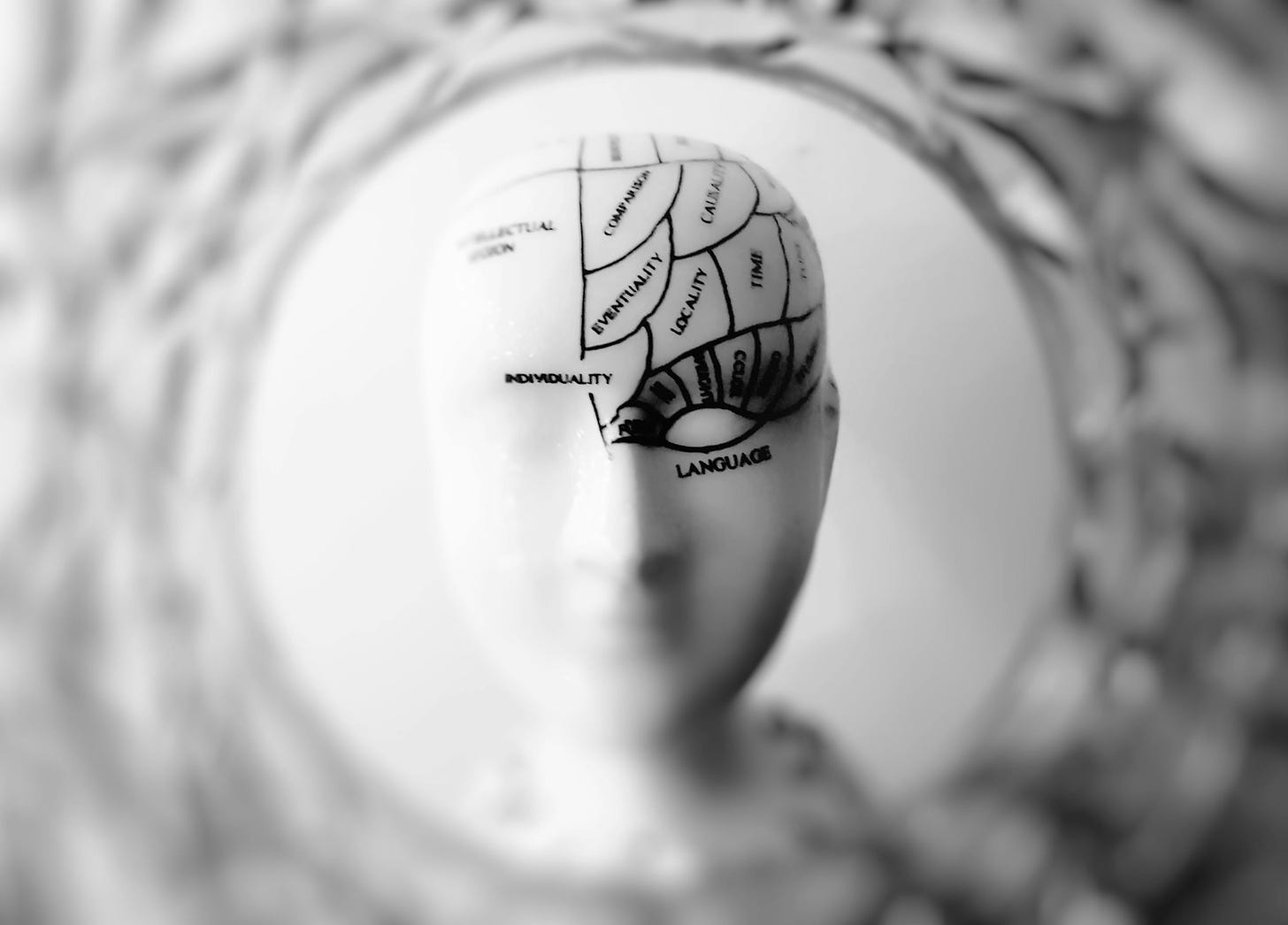I’ve heard of TMS too many times to count. The other people, the people who study it, call in by its real name: Transcranial Magnetic Stimulation. But the slang—although it’s not slang, it’s an initialism—is far more widely used by TMS patients and the general public.
How did I hear of it?
Funny, that. I was talking with my BFF Le about a month ago, and she’d never heard of it before. Le’s well-read, and, like most of my close friends, a curious, insatiable-for-knowledge kind of person. But she’d never heard of TMS; it surprised me a little, since we do talk about mental health quite a lot. We talk so much shit. Mainstream services: psychology, psychiatry, medication, meditation, mindfulness. Alternative health services: acupuncture, kinesiology, reiki, hypnosis, Traditional Chinese Medicine. Occupational distractions and self care: forest-bathing, nature walks, going to the beach, having a nice, long bath, arts and crafts, knitting, chatting with friends etc.
And yet, we’d never talked about TMS? Not a week later, she sent me a newsletter from QMIR Berghofer talking about the TMS. Magnets pulsing across different areas of the brain…
First time I heard of it was years ago when a friend of mine was having a rough time of it with the mental health; she was admitted to a private psychiatric hospital and undertook a three-to-four week treatment.
Then, in 2018, I had my famous mental breakdown and used my private health insurance (thank goodness I have private health, but it is, as we know, a complete mess) to come to the psychiatric hospital myself. There, I met other patients having the treatment. The opinions were widely positive.
TMS! It works for a lot of people! TMS! It’s amazing. It’s very painful to receive! But we love it; it makes us feel good in the long run. The pain is worth it, all things considered.
Since then, it’s remained on the periphery of my attention-span, as a generally neutral-to-helpful course of treatment. I didn’t receive TMS in 2018, because it’s not the kind of thing you are eligible for until your depression is classified as treatment-resistant. I hadn’t tried other methods yet (e.g. anti-depressants), so no dice.
Really, I would have liked to get the TMS straight of the bat, nip this whole thing in the bud. But it’s been years, and now I’m nothing if not incredibly keen to share my insights on mental illness and mental health. It’s really not that uncommon, the mental illness. Like my Auntie Nellie says, everyone has something going on in their life (that’s hard to deal with, that’s arduous to work through).
And if my talking about it with other people—if writing about my experiences— helps to demystify the treatment process and reduce the scary stereotype-filled stigma mindset surrounding mental health conditions… if it helps others learn something new, all the better.
Further resources
Don’t just take my word for it:
NueroTMS: Dedicated to Evidence-based Assessment, Treatment, and Research of Mood Disorders (TMS Treatment for Depression)
Monarch Mental Health Group (Repetitive transcranial magnetic stimulation (rTMS))
Black Dog Institute (Transcranial Magnetic Stimulation (TMS))



